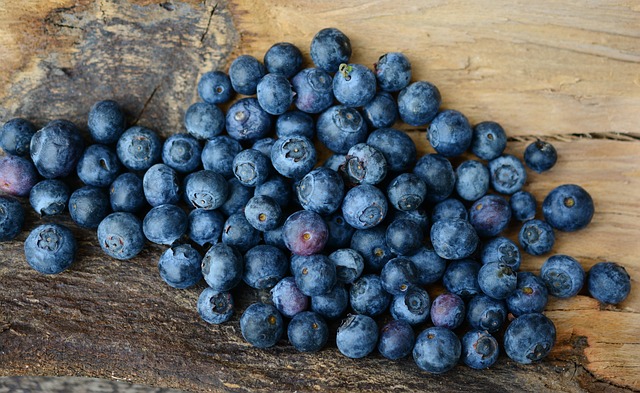The Secret Life of Microbes: Exploring the Intricate World of Probiotics
Probiotics have been gaining significant attention in recent years for their potential health benefits. These living microorganisms, often referred to as “good bacteria,” play a crucial role in maintaining our overall well-being.
Understanding Probiotics
Probiotics are live microorganisms that provide various health benefits when consumed. While bacteria are often associated with infections and diseases, there are good bacteria that can actually help improve our health.
These beneficial bacteria are naturally present in our bodies, primarily in the gut. They help maintain a balanced and diverse microbial community, also known as the gut microbiota.
The Role of Probiotics in Our Health
Probiotics have a number of functions that contribute to our overall health:
- Improved Digestion: Probiotics aid in the breakdown and absorption of nutrients in our digestive system. They also help prevent and alleviate common digestive issues such as constipation, diarrhea, and irritable bowel syndrome (IBS).
- Enhanced Immune System: Probiotics stimulate the production of immune cells and enhance the body’s defense against harmful pathogens. They can help reduce the risk of infections, allergies, and autoimmune diseases.
- Better Mental Health: There is emerging evidence linking the gut microbiota to mental health. Probiotics have shown potential in reducing symptoms of anxiety, depression, and stress. They may influence neurotransmitter production and regulate the gut-brain axis.
- Support for Weight Management: Certain strains of probiotics have been associated with weight loss and prevention of obesity. They may help regulate appetite, improve metabolism, and reduce inflammation.
- Maintaining Healthy Skin: The balance of bacteria in the gut can impact the health of our skin. Probiotics may help alleviate skin conditions like eczema, acne, and rosacea.
Sources of Probiotics
Probiotics can be obtained through various natural sources:
- Yogurt and Fermented Foods: Yogurt is one of the most well-known sources of probiotics. Look for labels that indicate the presence of live and active cultures. Other fermented foods like sauerkraut, kimchi, and kefir also contain beneficial bacteria.
- Supplements: Probiotic supplements provide a concentrated dose of beneficial bacteria. It’s important to choose high-quality supplements from reputable brands, as the effectiveness can vary.
- Prebiotic Foods: Prebiotics are a type of dietary fiber that act as food for probiotics. They help promote the growth and activity of beneficial bacteria. Good sources of prebiotics include onions, garlic, bananas, asparagus, and oats.
Considerations for Probiotic Consumption
While probiotics offer numerous health benefits, it’s important to keep a few things in mind:
- Strain Specificity: Different probiotic strains have different effects on the body. It’s essential to choose the right strains for specific health conditions.
- Storage and Handling: Probiotics are live organisms that can be sensitive to temperature and humidity. Follow the instructions provided to ensure maximum potency.
- Consultation with Healthcare Professionals: If you have any underlying health conditions or are taking medications, it’s advisable to consult your healthcare provider before starting any new supplements.
- Combination with a Healthy Lifestyle: Probiotics work best when combined with a balanced diet, regular exercise, and other healthy lifestyle practices.
The Future of Probiotics
Probiotic research is still in its early stages, and scientists are







